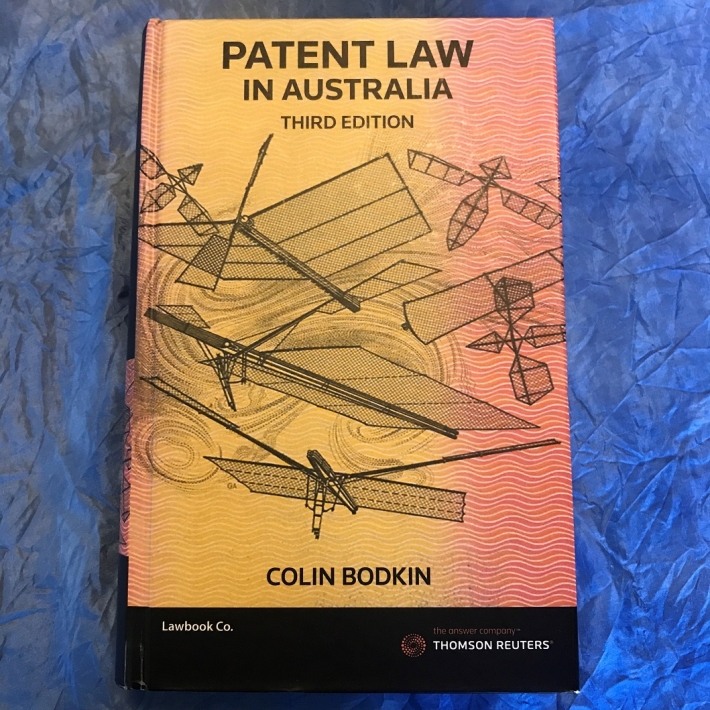Intellectual Property & Technology Law Noticeboard September 2021 - Innovation patents system phased out from 26 August 2021
Phasing out of innovation patents
References in the text to the innovation patents system have been amended to reflect the commencement of the phasing out of that system from 26 August 2021.
The provisions of Intellectual Property Laws Amendment (Productivity Commission Response Part 2 and Other Measures) Act 2020 (Cth), Sch 1, Pt 2 commenced on 26 August 2021. These provisions implement the Federal Government’s response to a recommendation by the Productivity Commission that the innovation patent system be abolished. IP Australia will now no longer grant an innovation patent on any application filed from 26 August 2021 except for divisional applications where the priority date of all claims is before 26 August 2021. Existing innovation patents that were filed before that date will continue in force until their expiry.
The meaning of the “product” of a method claim
In Ariosa Diagnostics, Inc v Sequenom, Inc [2021] FCAFC 101, the Federal Court confirmed that a method of doing something need not give rise to a product in order to be patentable, from which it follows that a claim to a method which produces no product can only be infringed by carrying out that method in the patent area. The claim in suit concerned a diagnostic method utilising a naturally occurring DNA sequence, and in reaching its conclusion, the court affirmed that such methods are not ineligible for patent protection.
ARTG registration by third party is not relevant to the determination of the first “regulatory approval date”
In Ono Pharmaceutical Co, Ltd v Commissioner of Patents [2021] FCA 643, the Federal Court held that an ARTG (Australian Register of Therapeutic Goods) registration sponsored by a third party is not relevant to the determination of the first “regulatory approval date”, contrary to previous Patent Office practice in connection with extensions of the term of a pharmaceutical patent. The Commissioner of Patents has filed an appeal from this decision.
An “inventor” need not be a person
In Thaler v Commissioner of Patents [2021] FCA 879, the Federal Court held that the fact that an artificial intelligence machine was identified as the inventor in a patent application was not a bar to the application proceeding to grant. The Commissioner of Patents has filed an appeal from this decision also.
Commentary currency
The following chapters have been reviewed in their entirety for this release: "Novelty" (from [11010]); "The internal requirements for validity" (from [21010]); "Utility" (from [26010]); and "Extensions of time" (from [76010]).

The Patent Law in Australia online service continues to be an indispensable guide to obtaining, maintaining, enforcing and challenging the validity of patents in Australia. Balancing both the practical nature of IP Australia processes and in-depth analysis of statute and case law, Patent Law in Australia navigates every aspect of the patenting process, with detailed commentary on the law pertaining to each stage and therefore provides relevant and effective advice for patent attorney's, intellectual property lawyers and barristers. The publication launched in 2008 and is published both as an online subscription service and as a book. The third edition of Patent Law in Australia was published in 2018.
